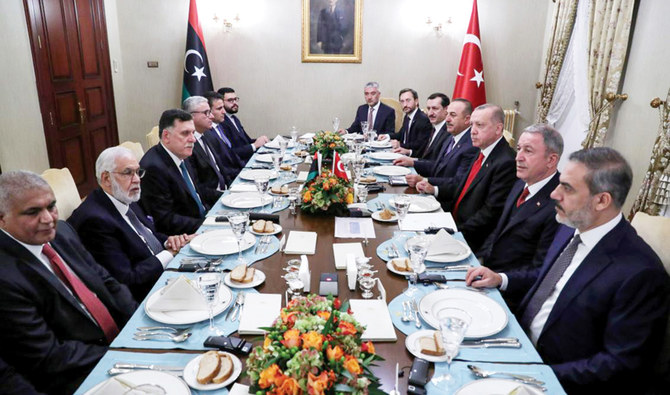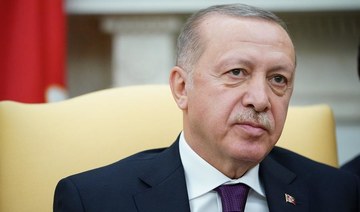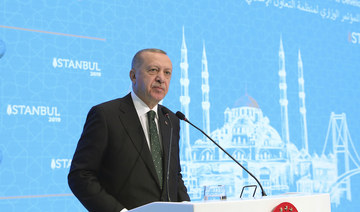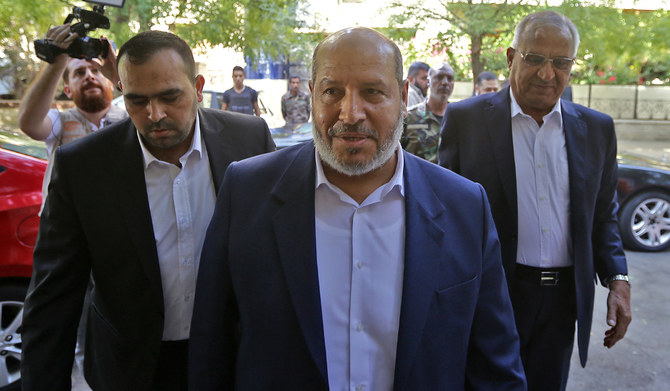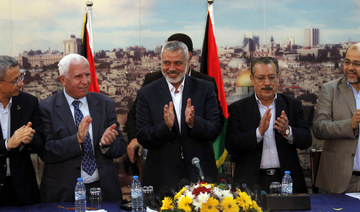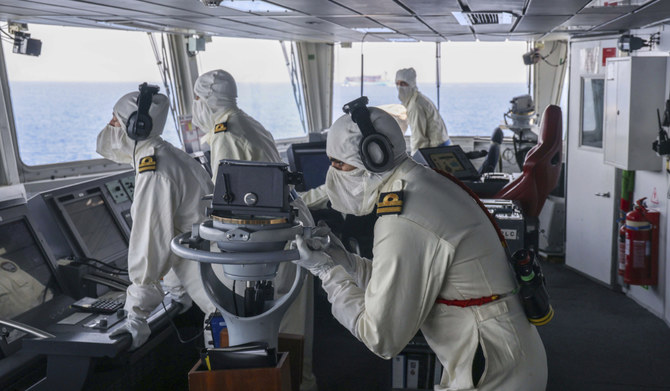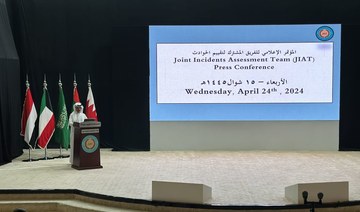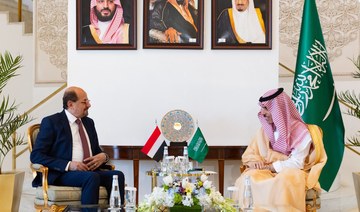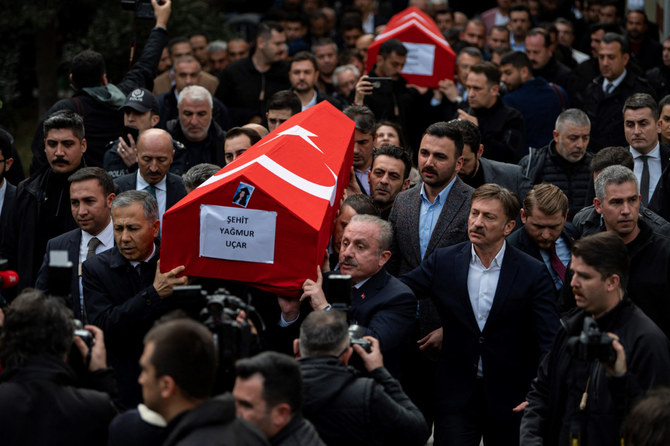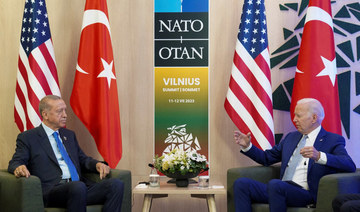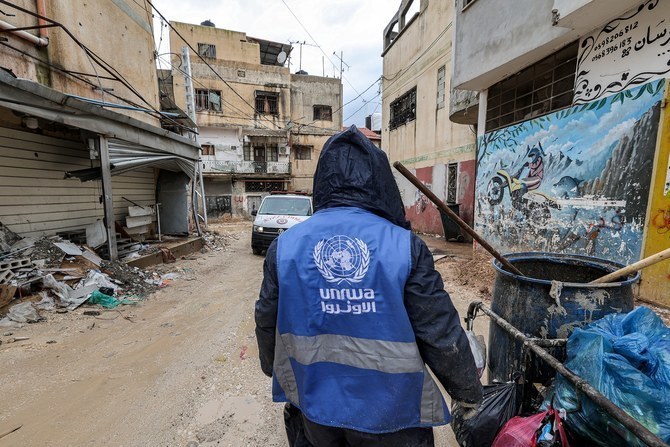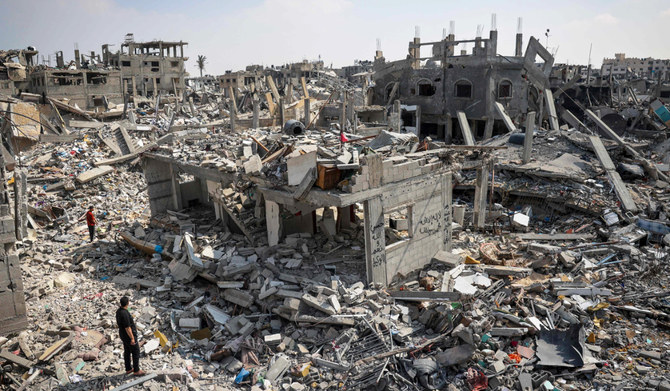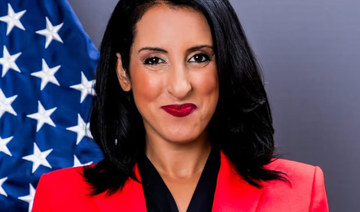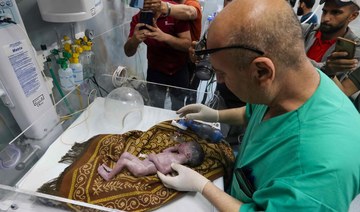ANKARA: An expanded security and military deal between Turkey and Libya was presented to Turkey’s Parliament on Saturday night.
The Turkey-Libya Security and Military Memorandum of Understanding (MoU) is to be discussed this week.
The deal, when ratified, will raise Turkish support for the Libyan Government of National Accord (GNA) government led by Fayez Al-Serraj to a higher level beyond procuring drones and armaments.
In the meantime, a decision was published in the official government gazette giving visa exemption to Libyan nationals younger than 16 and older than 55 for tourist visits to Turkey.
Aydin Sezer, an Ankara-based political analyst specializing in Libyan politics, said that Turkey had been conducting military training cooperation with Libya for seven years.
“The previous MoU was signed on 4 April 2012, and entered into force on Jan. 30, 2013. In that case, authorities have delayed the ratification for about 10 months. But it is technically weird that the current MoU was brought up to the Parliament so quickly and one week after the other deal on delimitation of maritime borders,” he told Arab News.
Sezer thinks that the Turkish government hesitated for a week about having the second deal ratified, and the meeting between Turkish Foreign Minister Mevlut Cavusoglu, Turkish Defense Minister Hulusi Akar and Libyan Prime Minister Al-Serraj on the sidelines of the Doha Forum may have triggered the decision.
The deal emphasizes the material, training, experience transfer and planning support from Turkey for the establishment of a quick-reaction force covering police and military responsibilities in Libya and, if requested, establishing a joint office of defense and security cooperation in Turkey and Libya with experts and personnel.
The quick-reaction force will not involve any Turkish military officers, but the deal opens the way for the exchange of personnel, equipment, information, material and experience in the military field, as well as weapon transfer, military aid, training, technical support, joint drills and intelligence sharing between the two countries for three years.
FASTFACT
The deal emphasizes the material, training, experience transfer and planning support from Turkey for the establishment of a quick reaction force covering police and military responsibilities in Libya.
Ankara has denied for the moment any request from Libya to send troops to back its forces fighting against Khalifa Haftar’s Libya National Army (LNA).
“No, not yet,” Cavusoglu said on Saturday when he was asked at the Doha Forum if such a request had been made. He added, however: “Sending troops is the easiest way.”
The deal will remain in force for three years from the date it takes affect.
One of the striking points of the deal is that it legalizes the deployment of “guest personnel” and “guest students,” especially considering that Turkish President Recep Tayyip Erdogan said last week that Turkey could deploy troops to Libya if the Tripoli-based Al-Serraj government requested it.
According to Sezer, the wording of “guest” implies for the host country all active military personnel and students who are not Libyan nationals.
“The legal text lacks a serious justification for the military cooperation. It refers to the sovereignty of the parties and mutual respect of equality. However, there is no proper sovereignty in Libya nowadays,” he said.
For Sezer, bringing the text of the deal to ratification is an attempt by the government to share its responsibility with the Parliament in being involving in such a civil conflict. “It is somehow for creating a shield of incontestability in any future move,” he said.
The visa exemption for the Libyan nationals — children and the elderly — has quickly become a controversial issue in Turkey, which is already hosting about 4 million Syrian refugees. The fear is that jihadists may flee into the country through this exemption. Russian Foreign Minister Sergey Lavrov recently argued that a large number of terrorists coming from Idlib had been increasingly spotted in Libya.
Jalel Harchaoui, a Libya expert at the Netherlands Institute of International Relations, told Arab News: “Between May and October 2019, Turkey shipped weapons into west Libya. In addition, it also dispatched dozens of Turkish officers along with a large fleet of combat drones. That particular period saw Ankara conduct a full-blown military intervention. That mission proved effective and instrumental in helping the GNA-aligned forces survive.”
The legal text lacks a serious justification for the military cooperation. It refers to the sovereignty of the parties and mutual respect of equality. However, there is no proper sovereignty in Libya nowadays.
Aydin Sezer, political analyst
Sometime between September and October, he said, almost all of that ended for reasons that remain unclear, and on Nov. 27, the Tripoli government — under much more military pressure than it was during the summer — felt compelled to sign the deal Turkey had been insisting on since the autumn of 2018.
Now that the accord has been signed, Harchaoui said that Turkey is slowly rebuilding its military mission to the level that existed during the summer.
“The only new dimension introduced by the official accord signed last month is the fact that Ankara now leaves open the possibility it may send troops officially,” he said.
However, that scenario, although it must not be ruled out completely, remains unlikely for now, many experts say.
“Turkey is focusing on helping to train the GNA forces and restoring the combat-drone mission it had going four to five months ago. In other words, right now, Turkey is not heading for a frontal clash vs. the Haftar army, Russian mercenaries and Haftar’s other foreign friends,” Harchaoui said.
The general understanding is that sending ground troops to defend Tripoli would cause a major escalation between the involved parties.
“It would expose the Libya dynamic to a nasty escalation, especially if Turkish citizens end up being killed on Libyan soil — whether SADAT mercenaries or government troops. But then again, that is not the direction things are taking right now,” Harchaoui said.



